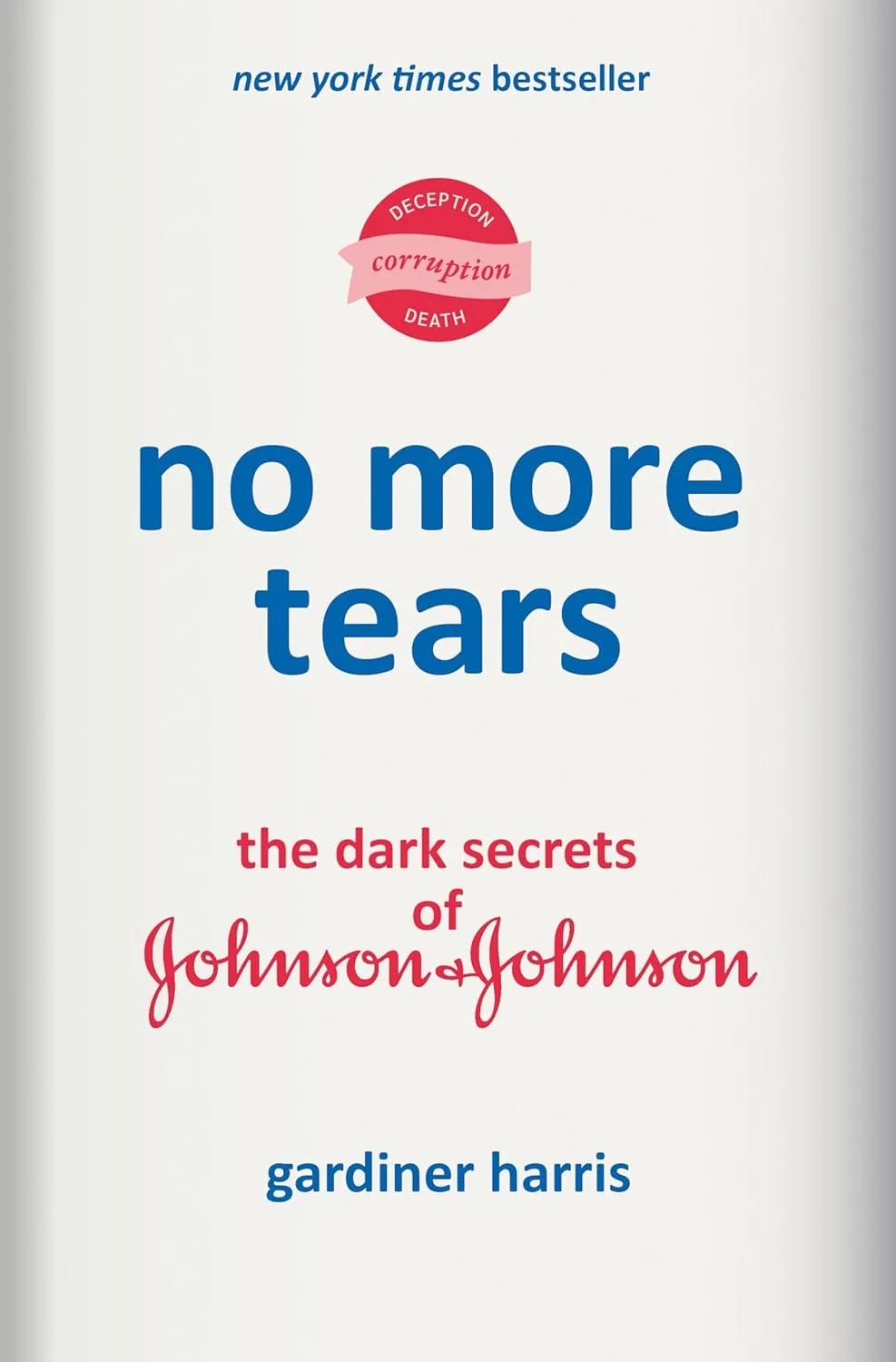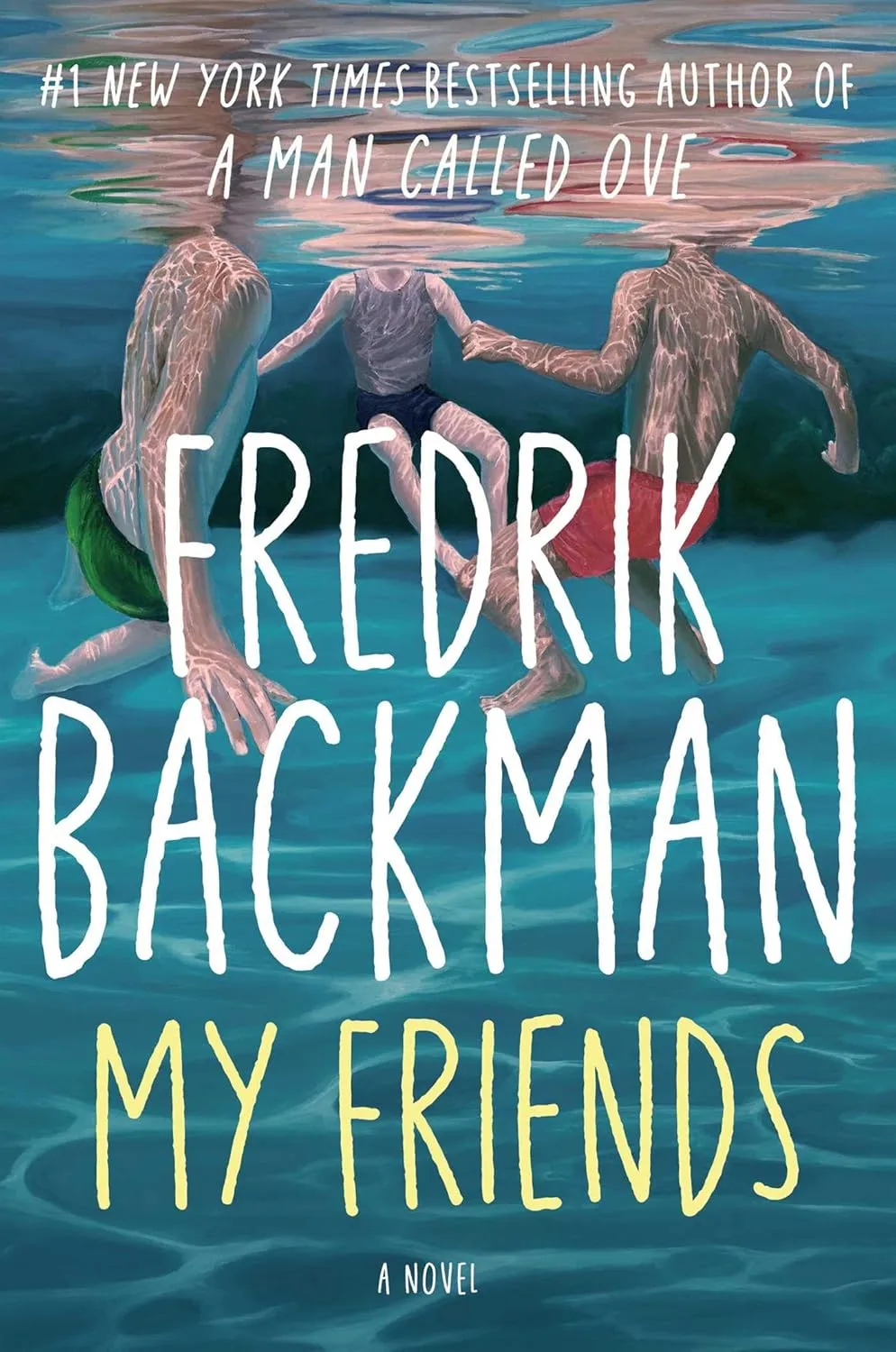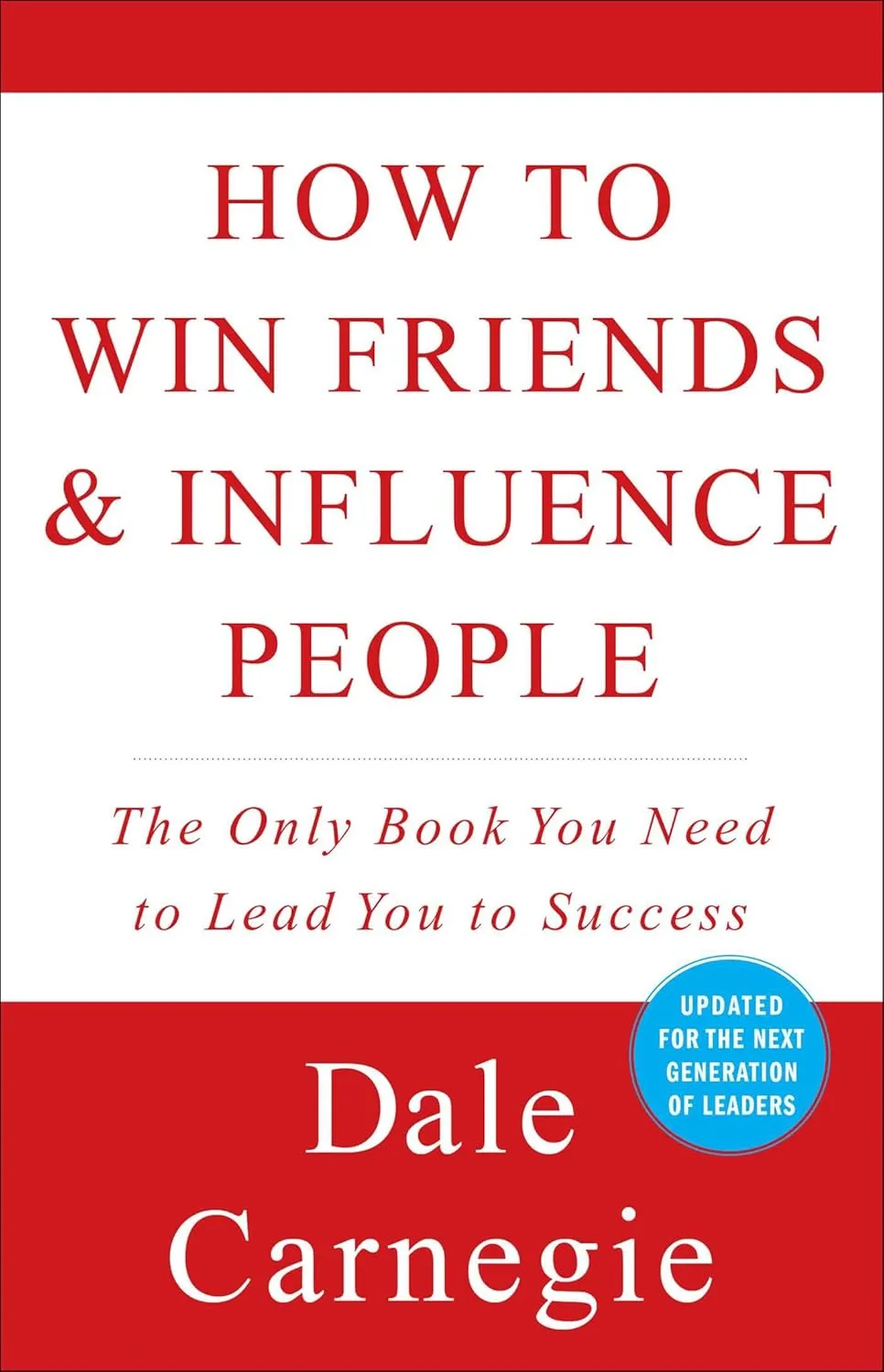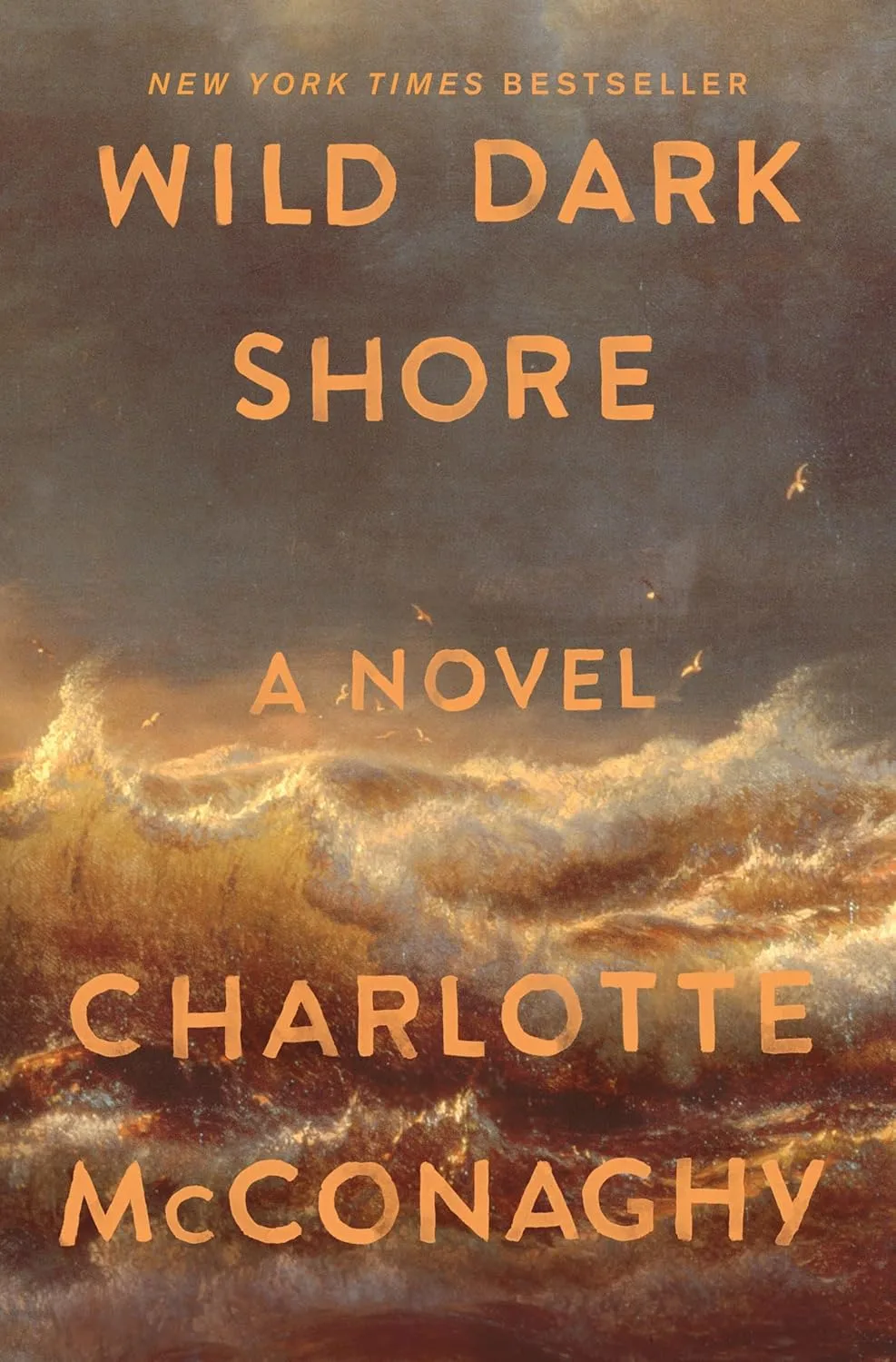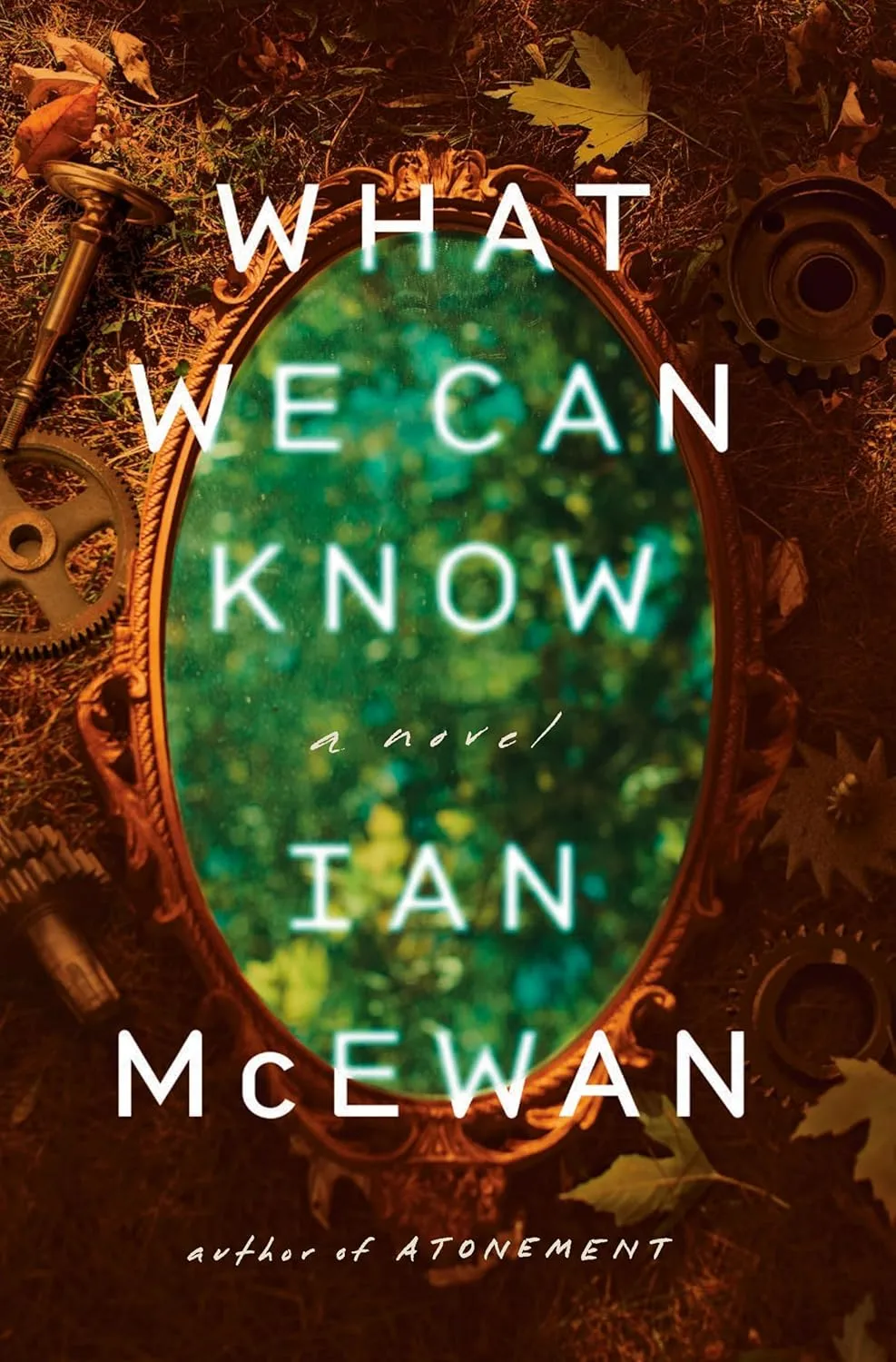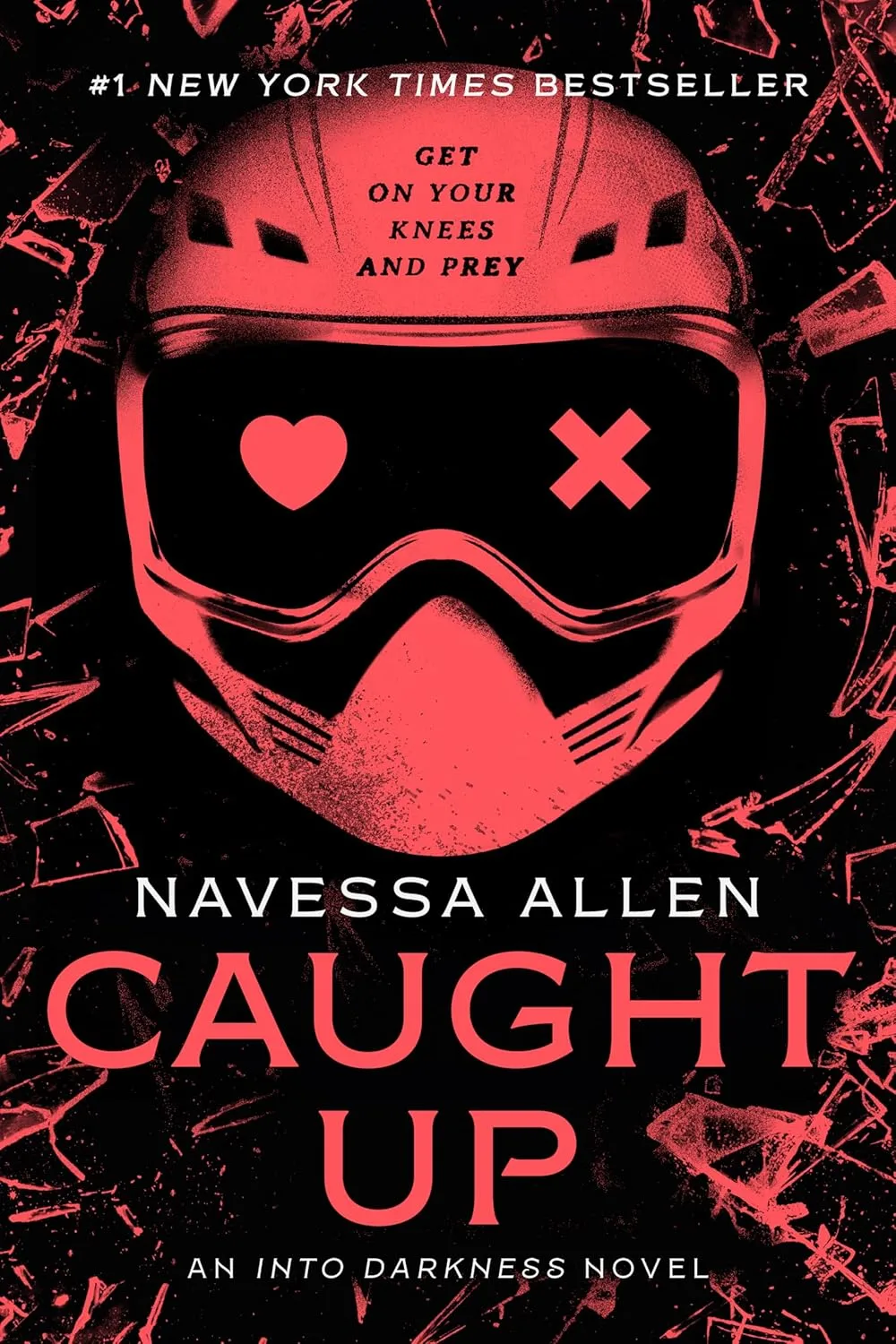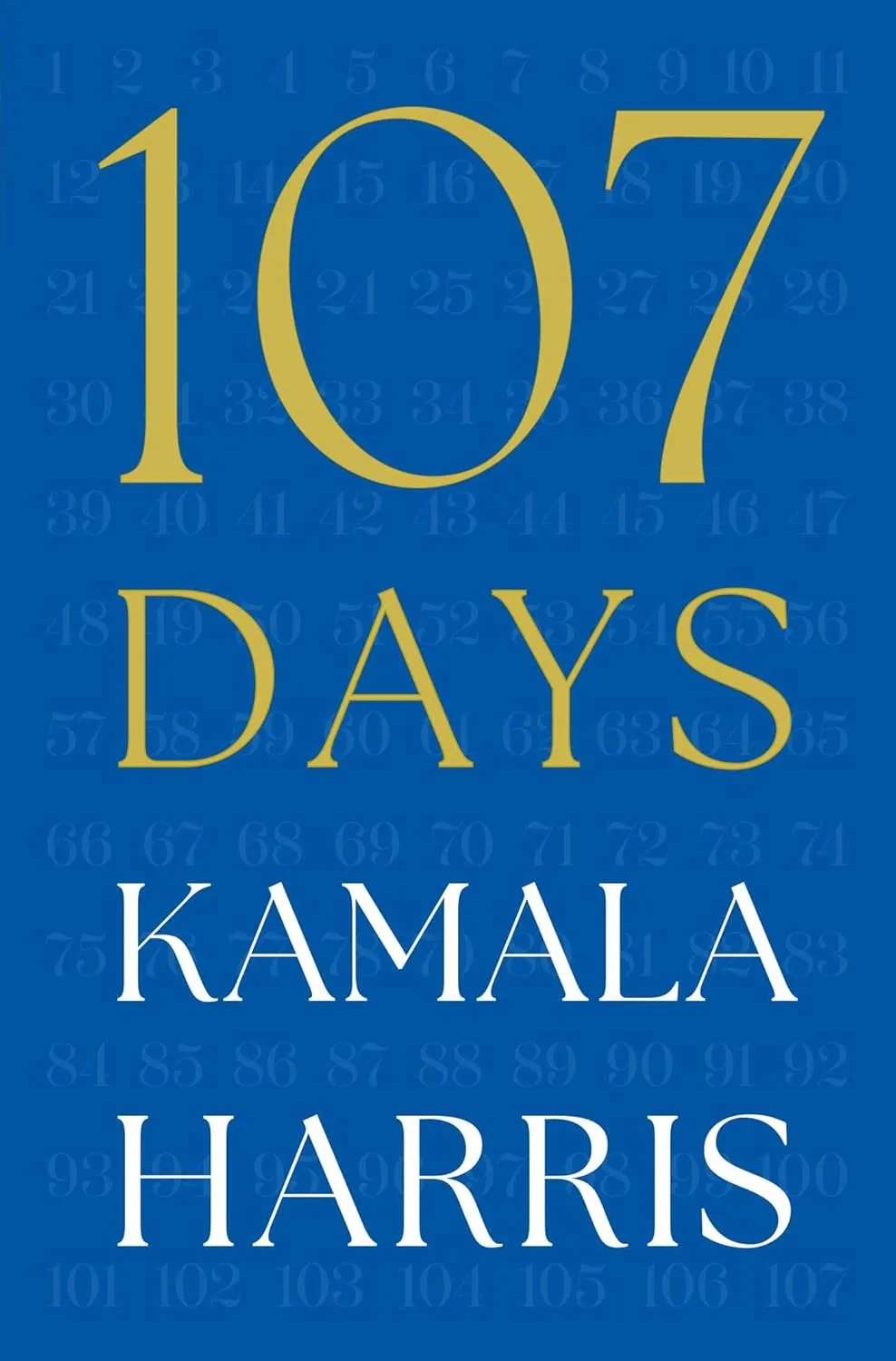Overview
“No More Tears: The Dark Secrets of Johnson & Johnson” is a New York Times bestseller and explosive, deeply reported exposé of Johnson & Johnson, one of America’s oldest and most trusted pharmaceutical companies. This comprehensive 464-page investigation (14-hour audiobook) spans decades, from J&J’s founding to present-day scandals, revealing how corporate greed and regulatory failures have put public safety at risk.
Key Takeaways
| Core Revelation | Impact |
|---|---|
| Baby Powder Scandal | J&J’s baby powder contained traces of asbestos for decades, increasing users’ cancer risk |
| Corporate Deception | Alleged deceptive marketing, concealed data, and profit-chasing at the expense of patients |
| Regulatory Failures | Shows how consumer protections can fail when dealing with powerful pharmaceutical companies |
| Systemic Problems | Exposes “how the business of medicine really works” beyond J&J |
| Historical Pattern | Documents “so many layers of deceit and dishonesty” across multiple decades |
Book Structure
Based on the comprehensive investigation, the book appears to follow a chronological and thematic structure:
- Historical Foundation: J&J’s origins and early reputation building
- The Baby Powder Investigation: Deep dive into the talc/asbestos scandal
- Pattern of Deception: Multiple product scandals and cover-ups
- Regulatory Capture: How industry influence weakens consumer protection
- Modern Scandals: Recent issues including coronavirus vaccine controversies
- Systemic Analysis: Broader implications for the pharmaceutical industry
About the Author
Gardiner Harris is an award-winning investigative journalist and pharmaceutical reporter with extensive experience covering public health issues. He’s been called “the premier pharma reporter of his generation” and has worked as a correspondent for The New York Times. The book’s origin story began in 2004 when Harris, then a pharmaceutical reporter for The New York Times, struck up a conversation with a woman at an airport bar, which eventually led to this comprehensive investigation.
Why This Book Resonates
The book strikes a powerful chord because it dismantles the trusted image of a beloved American brand. It reveals “the ruthless soul of ‘America’s favorite company'” and challenges readers to confront how corporate marketing can mask dangerous realities. The timing is particularly relevant as public trust in pharmaceutical companies remains a critical issue, especially post-COVID-19.
The investigation resonates because it:
- Exposes decades of alleged corporate malfeasance
- Reveals how regulatory systems can fail ordinary consumers
- Shows the human cost of prioritizing profits over safety
- Demonstrates the power of investigative journalism in holding corporations accountable
Ideal Audience
| Primary Readers | Why They Should Read It |
|---|---|
| Healthcare Professionals | Doctors, nurses, and their patients should “see for themselves how the business of medicine really works” |
| Consumer Advocates | Essential for understanding corporate accountability and regulatory failures |
| Business Students | Case study in corporate ethics and crisis management failures |
| Investigative Journalism Fans | A “masterpiece of muckraking” with “narrative akin to a thriller” |
| Public Health Professionals | Critical insights into pharmaceutical industry practices |
| Legal Professionals | Detailed examination of product liability and corporate litigation |
Memorable Quote
“Leave it to Gardiner Harris, the premier pharma reporter of his generation, to take on the industry’s leviathan, laying bare the ruthless soul of ‘America’s favorite company.'” – Benedict Carey, New York Times science correspondent
Central Themes
| Theme | Description | Real-World Impact |
|---|---|---|
| Corporate Deception | Multiple “layers of deceit and dishonesty” spanning decades | Undermines public trust in pharmaceutical companies |
| Regulatory Capture | How powerful corporations influence oversight agencies | Weakens consumer protection systems |
| Public Health vs. Profits | Profit-chasing at the expense of patients | Puts vulnerable populations at risk |
| Media Manipulation | How the company “squashed negative stories” for decades | Prevents informed consumer decision-making |
| Corporate Accountability | The difficulty of holding large corporations responsible | Highlights need for stronger oversight |
| Brand vs. Reality | The corruption “behind the image of babies bathing with a smile” | Shows how marketing can mask dangerous realities |
FAQ
Q: Is this book just about Johnson & Johnson? A: While J&J is the primary focus, Harris explores “the many ways corporate greed and weak regulations fail to protect the public” more broadly across the pharmaceutical industry.
Q: How well-researched is this book? A: Harris “supports his takedown with a mountain of evidence” and the work is described as “masterfully researched”.
Q: Is it accessible to general readers? A: Yes, despite its investigative depth, the book has “a narrative akin to a thriller in its intensity” making it engaging for non-experts.
Q: What makes this different from other corporate exposés? A: The book combines decades of investigation with insider access and focuses on a company most Americans trust with their family’s health.
Q: Should healthcare professionals read this? A: Absolutely. It’s recommended that “doctors, nurses, and their patients should all take” this journey to understand pharmaceutical industry practices.
Final Thoughts
“No More Tears” is described as “a landmark work of investigative journalism” filled with “shocking and infuriating but utterly necessary revelations”. Harris has crafted more than just a corporate takedown; he’s created a crucial examination of how America’s healthcare system can fail its most vulnerable citizens.
The book serves as both a warning and a call to action, demonstrating that even the most trusted brands can prioritize profits over people. It’s “an absolutely unforgettable must-read” that will likely influence how readers view pharmaceutical companies and consumer protection for years to come.
For anyone who has ever trusted a major corporation with their health and safety, this book offers essential insights into the hidden costs of that trust. It’s a masterclass in investigative journalism that proves the power of persistent reporting in holding powerful institutions accountable.

